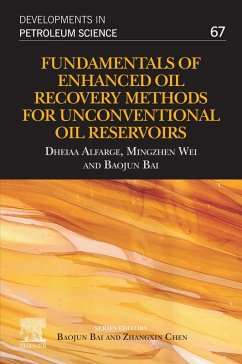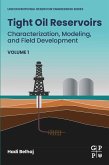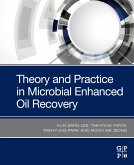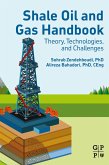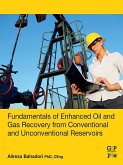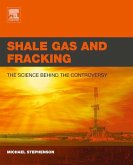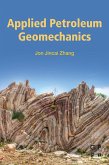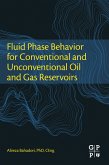The book describes the parameters affecting obtained oil recovery by injecting different EOR methods in both the microscopic and macroscopic levels of ULR. This book also provides proxy models to associate the functionality of the improved oil recovery by injecting different EOR methods with different operating parameters, rock, and fluid properties. The book provides profesasionals working in the petroleum industry the know-how to conduct a successful project for different EOR methods in shale plays, while it also helps academics and students in understanding the basics and principles that make the performance of EOR methods so different in conventional reservoirs and unconventional formations.
- Provides a general workflow for how to conduct a successful project for different EOR methods in these shale plays
- Provides general guidelines for how to select the best EOR method according to the reservoir characteristics and wells stimulation criteria
- Explains the basics and principles that make the performance of EOR methods so different in conventional reservoirs versus unconventional formations
Dieser Download kann aus rechtlichen Gründen nur mit Rechnungsadresse in A, B, BG, CY, CZ, D, DK, EW, E, FIN, F, GR, HR, H, IRL, I, LT, L, LR, M, NL, PL, P, R, S, SLO, SK ausgeliefert werden.

